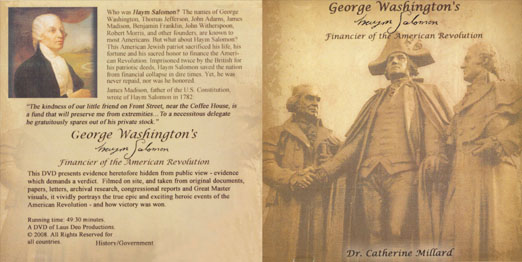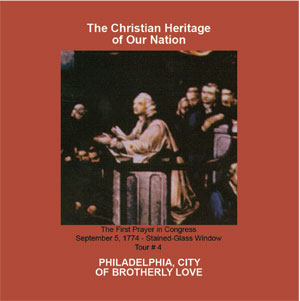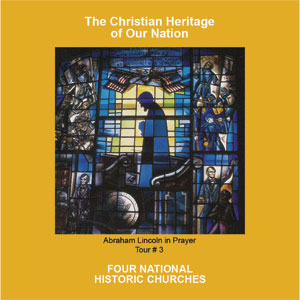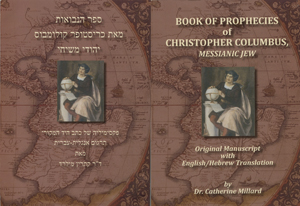John Hancock, President of the Continental Congress proclaimed a Day of Humiliation, Prayer and Fasting on May 17th 1776. Did John Witherspoon observe this Proclamation?
Rev. John Witherspoon, D.D., President of the College of New-Jersey, preached a Sermon at Princeton on May 17th, 1776, dedicating it to John Hancock:
The Dominion of Providence over the Passions of Men,
A SERMON
at Princeton,
On the 17th of May, 1776
being
The General Fast appointed by the Congress
through the UNITED COLONIES.
To the Honourable JOHN HANCOCK, Esq., PRESIDENT of the CONGRESS of the UNITED STATES OF AMERICA; in testimony of the highest esteem for HIS PERSONAL CHARACTER and PUBLIC CONDUCT, the following SERMON is humbly inscribed by his most obedient humble servant, The Author.
A Sermon
Psalm 76:10
Surely the wrath of man shall praise Thee;
the remainder of wrath shalt Thou restrain.
“There is a greater evidence either of the reality or the power of religion, than a firm belief of God’s universal presence, and a constant attention to the influence and operation of His Providence. It is by this means that the Christian may be said, in the emphatical Scripture language, to walk with God, and to endure as seeing Him who is invisible.
The doctrine of Divine Providence is very full and complete in the sacred oracles. It extends not only to things which we may think of great moment, and therefore worthy of notice, but to things the most indifferent and inconsiderable: Are not two sparrows sold for a farthing, says our Lord, and one of them falleth not on the ground without your heavenly Father; nay, the very hairs of your head are all numbered. It extends not only to things beneficial and salutary, or to the directions and assistance of those who are the servants of the living God; but to things seemingly most hurtful and destructive, and to persons the most refractory and disobedient. He over-rules all His creatures, and all their actions. Thus we are told, that fire, hail, snow, vapour and stormy wind, fulfill His Word, in the course of nature; and even so the most impetuous and disorderly passions of men, that are under no restraint from themselves, are yet perfectly subject to the dominion of Jehovah. They carry His commission, they obey His orders, they are limited and restrained by His authority, and they conspire with everything else in promoting His glory. There is the greater need to take notice of this, that men are not generally sufficiently aware of the distinction between the law of God, and His purpose; they are apt to suppose, that as the temper of the sinner is contrary to the one, so the outrages of the sinner are able to defeat the other; of which nothing can be more false. The truth is plainly asserted, and nobly expressed by the Psalmist in the text, Surely the wrath of man shall praise Thee; the remainder of wrath shalt Thou restrain.
This psalm was evidently composed as a song of praise for some signal victory obtained, which was at the same time a remarkable deliverance from threatening danger. The author was one or other of the later prophets, and the occasion probably the unsuccessful assault of Jerusalem, by the army of Sennacherib, King of Assyria, in the days of Hezekiah. Great was the insolence and boasting of his generals and servants against the city of the living God, as may be seen in the 36th chapter of Isaiah.
Yet it pleased God to destroy their enemies, and, by His own immediate interposition, to grant them deliverance. Therefore the Psalmist says in the 5th and 6th verses of this psalm, The stout-hearted are spoiled, they have slept their sleep. None of the men of might have found their hands. At Thy rebuke, O God of Jacob! both the chariot and the horse are cast into a deep sleep. After a few more remarks to the same purpose, he draws the inference, or makes the reflection in the text, Surely the wrath of man shall praise Thee; the remainder of wrath shalt Thou restrain: which may be paraphrased thus, the fury and injustice of oppressors, shall bring in a tribute of praise to Thee; the influence of Thy righteous Providence shall be clearly discerned; the countenance and support Thou wilt give to Thine own people shall be gloriously illustrated; Thou shalt set the bounds which the boldest cannot pass…1
To learn more, click here.
___________________________
Bibliography:
1
Witherspoon, John, D.D., L.L.D., President of the College of New-Jersey. The Dominion of Providence over the Passions of Men. A Sermon preached at Princeton, on the 17th of May, 1776, being the General Fast appointed by the Congress through the United Colonies. Philadelphia: Printed and Sold by R. Aitken, Printer and Bookseller, Opposite the London Coffee-House, Front Street, MDCCLXXVI. (1776). Library of Congress, Rare Book Collection.























